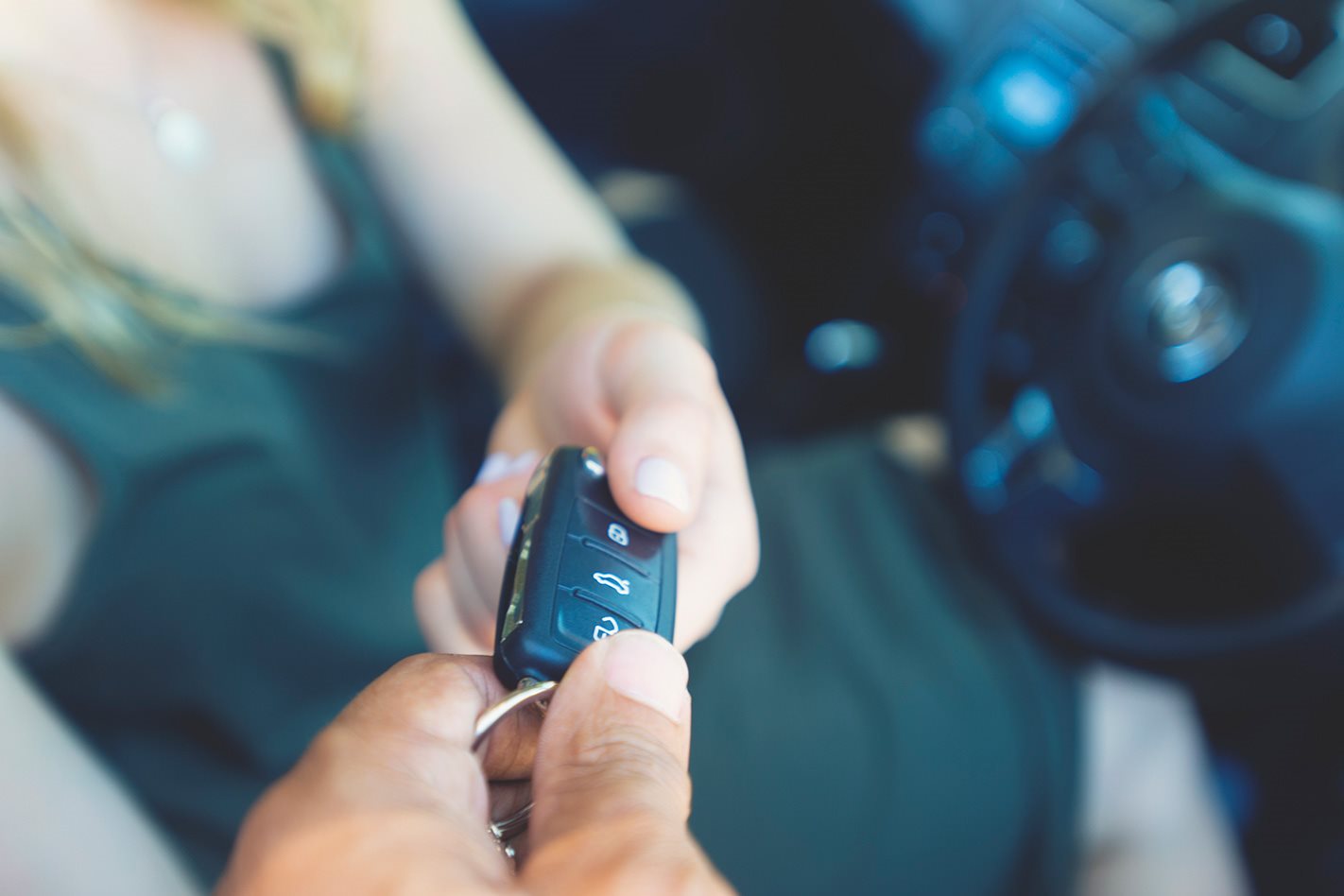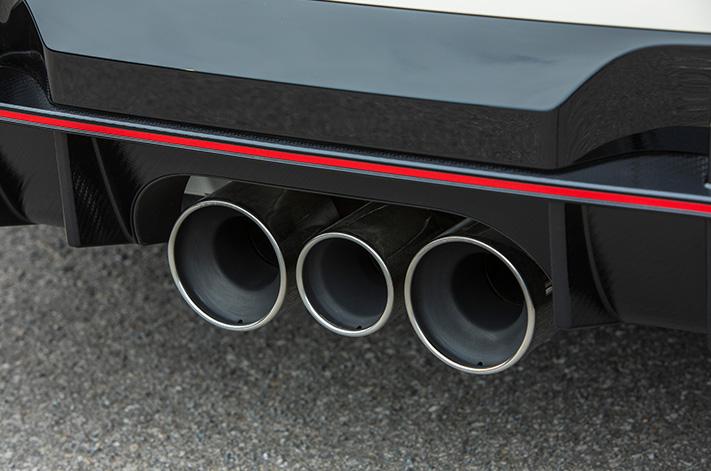Snapshot
- Legislation comes in on June 22
- Car key batteries must now meet stringent standards
- Move designed to protect children from harm
A new law could see car prices rise due to the need to make key fobs meet more stringent safety standards – and owners of older cars possibly unable to replace their spare sets at all.
From Wednesday, June 22, the Federal Government will bring in a legislation change which means any product containing a button battery, including car key fobs, must be produced to ensure it is secure to prevent children from getting hold of them.
It’s a move that is likely to cost carmakers in Australia, and used car dealers, big – as they wrangle to get all of their old and new keys up to code.
Though the legislation was actually passed by Parliament back in December 2020, there has been an 18-month transition period to allow carmakers time to make any necessary manufacturing and design changes, undertake compliance testing, remove and replace non-compliant stock, and to add warnings or emergency advice and instructions.
Button/coin batteries are flat, small, round single-cell batteries. They typically operate using lithium, alkaline, silver oxide or zinc-air – but lithium batteries pose the highest risk because they are usually larger, which means they are more likely to become stuck in a child’s throat. Their higher voltage also means they can cause injury more quickly.
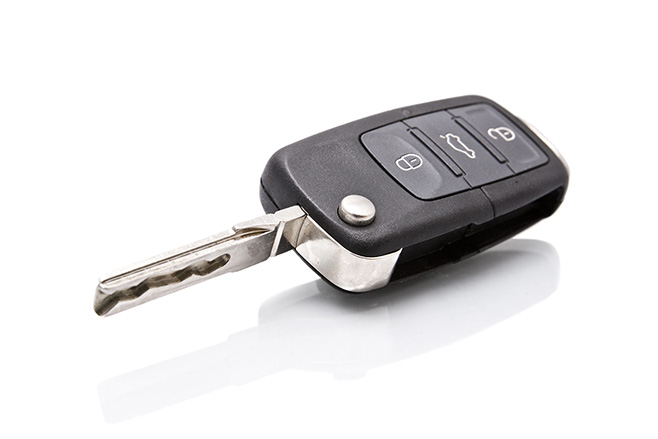
One source told Wheels that it can cost, on average, $2000 just to test a type of key and carmakers have to check all sets they have – no matter what age. If a key cannot meet the standard it is deemed unsellable, and therefore owners of vehicles that are more than five years’ old may not able to get replacement keys if theirs are lost or damaged.
Used car dealers will face problems too – they will be able to sell the vehicles, but cannot hand over the keys unless modified to meet the new legal requirements.
It’s understood destroying the older stock is easy enough, but finding a replacement product is proving to be an extremely challenging task for some manufacturers.
In a more fortunate position, Volkswagen Group Australia said its keys are being repackaged in its local warehouse to meet the new legislation. Old keys will be re-labelled before being supplied to customers, and warning tags will be attached on all new vehicle keys – with the latter said to cost around $5 per car.
Adding the warning tags to, for example, just the number of vehicles sold by the Group (Audi, Skoda and VW) so far this year, would therefore cost around $86,730 – with costs likely to rocket further for the total cost of repackaging all the manufacturers’ keys.

“Essentially every button battery or component containing a button battery supplied after June, 22, 2022, needs to meet the legislation. This will include keys supplied as spare parts. Our customers will notice new packaging and labelling on components containing button batteries,” a spokesperson told us.
Like VW, Kia Australia’s General Manager of Product Planning, Roland Rivero, told us the Korean firm has been planning for this for almost a year – preparing tags to go on keys and making changes to its user manuals to reflect the necessary warning information.
“We’ve printed 100,000 tags to go on new cars to cover ourselves on an on-going basis and at the same time we needed to do it for our existing stock of about 6,000 cars sitting in dealerships right now. So about 10,000 have gone to the dealers to share between them, and the other 90,000 have gone to Prixcar [its vehicle processing service] ready to be fitted when they arrive in Australia. Each tag costs about 28 cents and then there’s labour at Prixcar, but it won’t be a great amount of money for us.”
Rivero added that repackaging spare keys for older cars was underway too.
MG told us it was in a similar position, needing to add labels to keys and user manuals, but was not able to say more at this stage.
Though for some the change only involves adding tags and warning information to their keys and user manuals, Wheels understands another carmaker is also having to destroy key fobs older than eight years because it would be “too difficult and expensive” to make them compliant with the new rules.
While the general ‘rule of thumb’ for keeping spare parts for vehicles sold is roughly 10 years, officially Australian Consumer Law says they just have to be kept for ‘a reasonable time’.
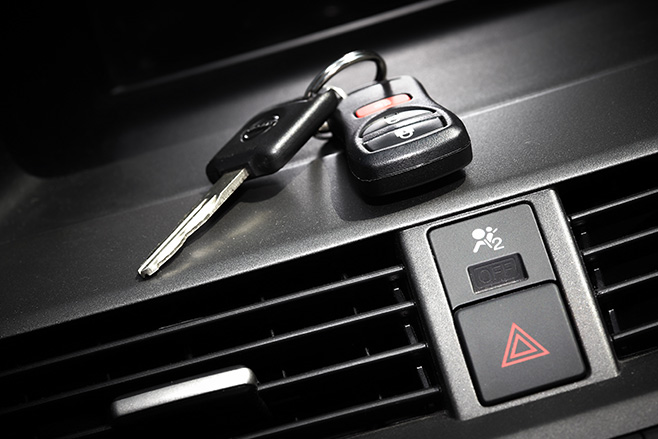
The Federal Chamber of Automotive Industries (FCAI) says it’s up to brands to defend their own decisions.
“If manufacturers do have to destroy old keys – I don’t know what that does to the poor customer,” said the FCAI’s Technical Director, Ashley Sanders.
“The ACCC has the policy objective of stopping children being killed or harmed by swallowing batteries, so from our point of view we just have to do whatever it takes. Like any regulation though, there will be a cost/benefit analysis and here the benefits outweigh the costs – but the money still has to be found somewhere and that just gets passed on to the [car] consumers.”
Wheels understands that while the Australian Competition and Consumer Commission (ACCC) has widely consulted various sectors about the upcoming legal change, dealers feel they have not been given much notice – leaving them scrambling to get their tech up to date in time.
One source told us though they’d not been directly consulted, they were vaguely aware the issue had been “a long time coming”. They told us some dealers have been contacted by their manufacturers about the need to comply with the new regulations, but hadn’t been given enough time to do so. They said the process “was disappointing”.
The Australian Automotive Dealer Association (AADA) has also today issued a bulletin to its members advising them to get in touch with their respective car companies to make sure they are across the changes quickly to avoid falling foul of the law.
“It is important for dealers to work with their manufacturers to ensure the due date for compliance with the new mandatory safety standards is adhered to for any products containing a button or coin battery…[and]…it is important that dealers make themselves familiar with the ACCC business guidelines,” the bulletin reads.
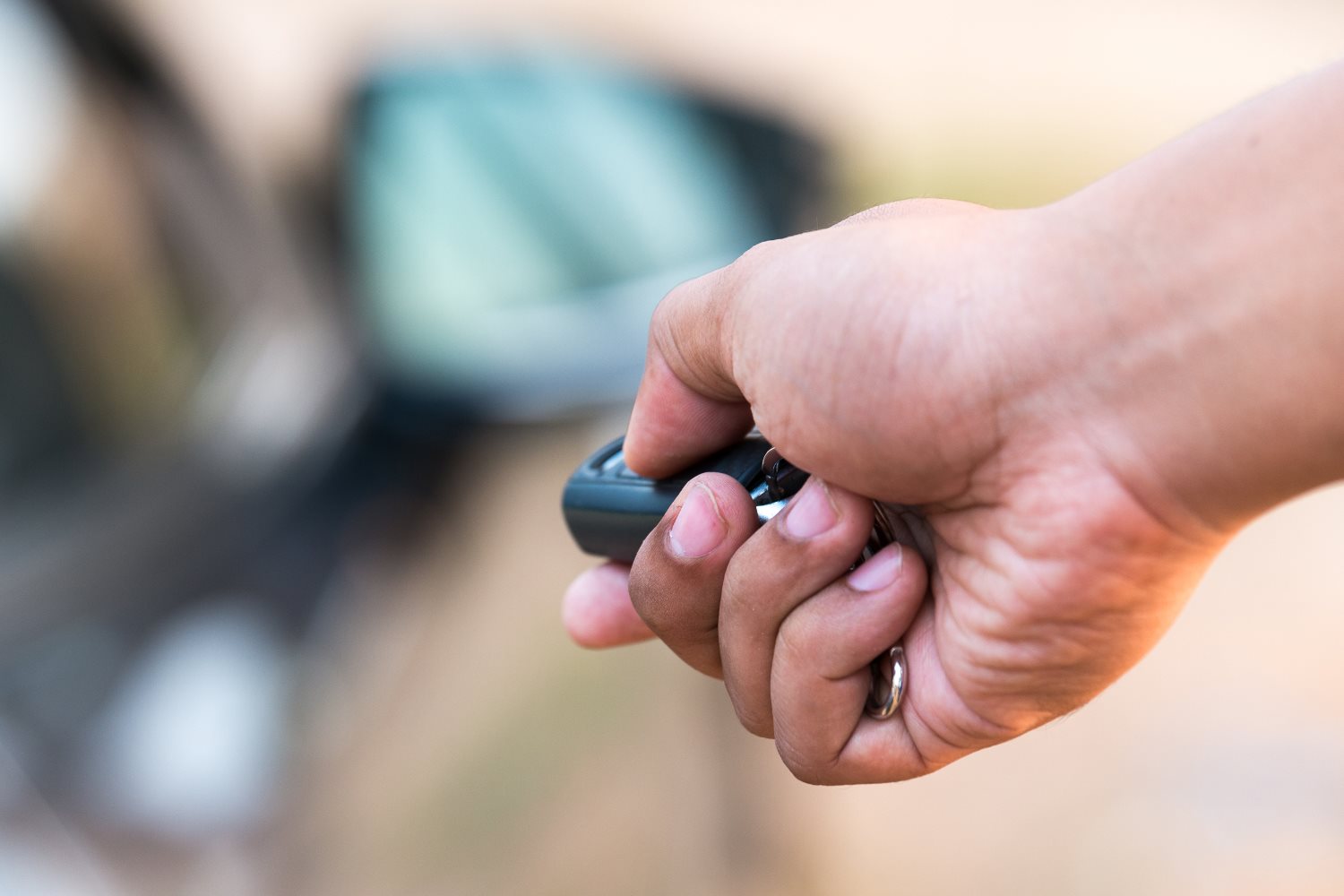
The FCAI, meanwhile, says that the industry has known about the issue for more than two years, but that the 18-month transition period decided on by the ACCC was not “an appropriate amount of time needed to prepare for such regulation”.
“We did at one stage go out to our membership to get a gauge of what needed to be done and didn’t get a very good response. Pretty much we got the idea the manufacturers were scrambling to find out how deep the hole was they were jumping into,” said Sanders.
“We asked about potential problems, such as if a manufacturer had a 20 year-old product in its parts department, and they said everything would have to be made compliant. They told us [the car company] could sell it [an old key] on to the customer before the legislation date if they wanted to, and when we asked what would happen if they can’t, the ACCC told us ‘bad luck’.
“They [the ACCC] tell us we have to comply, and either we do or we don’t. Then they’ll start checking and carrying out an audit in the next few weeks and months and will take action if it’s not being done.”
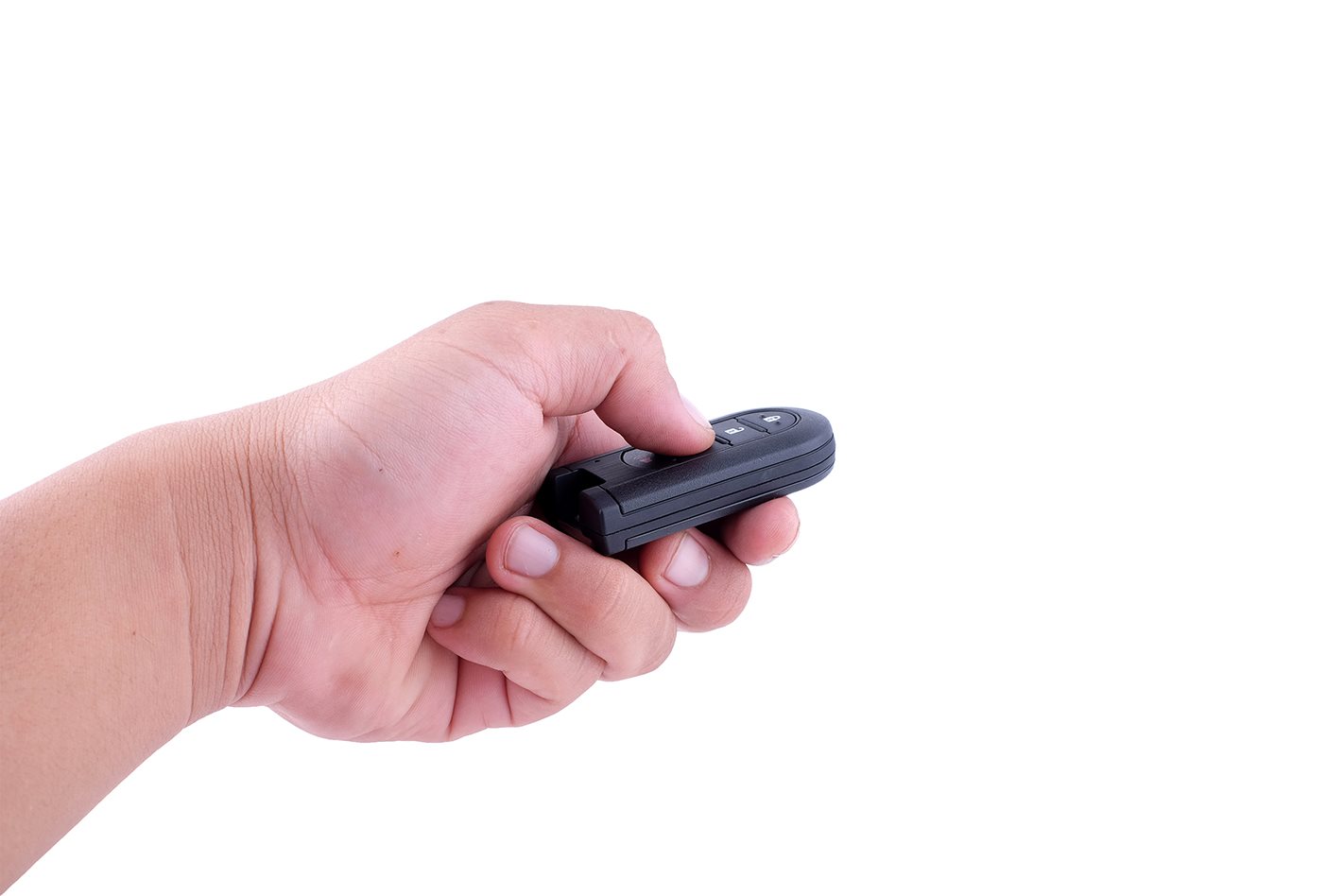
Companies are considered a supplier if they manufacture, import, distribute or retail button/coin batteries or consumer goods containing button/coin batteries within Australia or for the Australian market – such as car key fobs.
Once the new regulations come into effect on June 22, the ACCC will be monitoring the market to make sure keys meet the required standard, and will take enforcement action – ranging from infringement notices to court proceedings – if they don’t.
The law change has come about because of widespread safety concerns on what happens when these type of batteries fall into the wrong hands.
Though the issue has been reported about worldwide for several years, Australia has become the first country in the world to have a button battery safety standard that applies across all consumer product categories.
Three children have died, and 44 have been severely injured, in Australia from incidents involving button batteries – and more than one child a month is seriously injured as a result of ingesting or inserting them into various body parts.
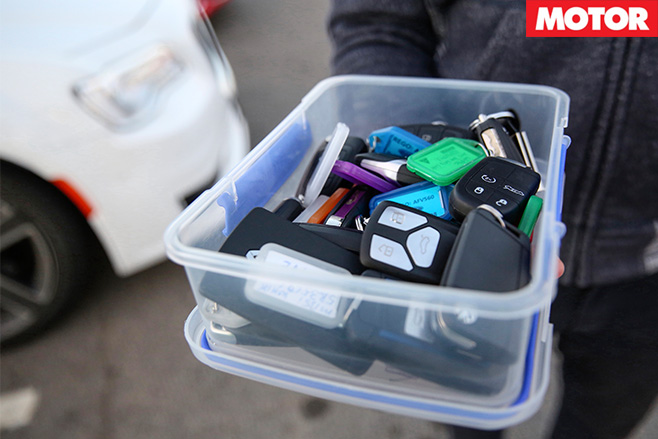
If swallowed, a button battery can get stuck in a child’s throat and cause a chemical reaction that burns through tissue, causing catastrophic bleeding and serious injury within two hours or even death within a few days.
Symptoms may include gagging or choking, drooling, chest pain (grunting), coughing or noisy breathing, food refusal, black or red bowel motions, nose bleeds, spitting blood or blood-stained saliva, unexplained vomiting, fever, abdominal pain or general discomfort.
“These world-first mandatory standards for button batteries are an important step in helping to prevent injuries to children. Time is running out for manufacturers and suppliers to ensure their products are compliant,” ACCC Deputy Chair Delia Rickard said.
“Once the standards become mandatory, the ACCC will focus on enforcement action.”
Penalties may apply for businesses that supply button batteries, or products containing them, that do not comply with the mandatory standards.
“We are pleased that some suppliers have acted early by conducting recalls to remove unsafe products containing button batteries from the market,” Rickard added.
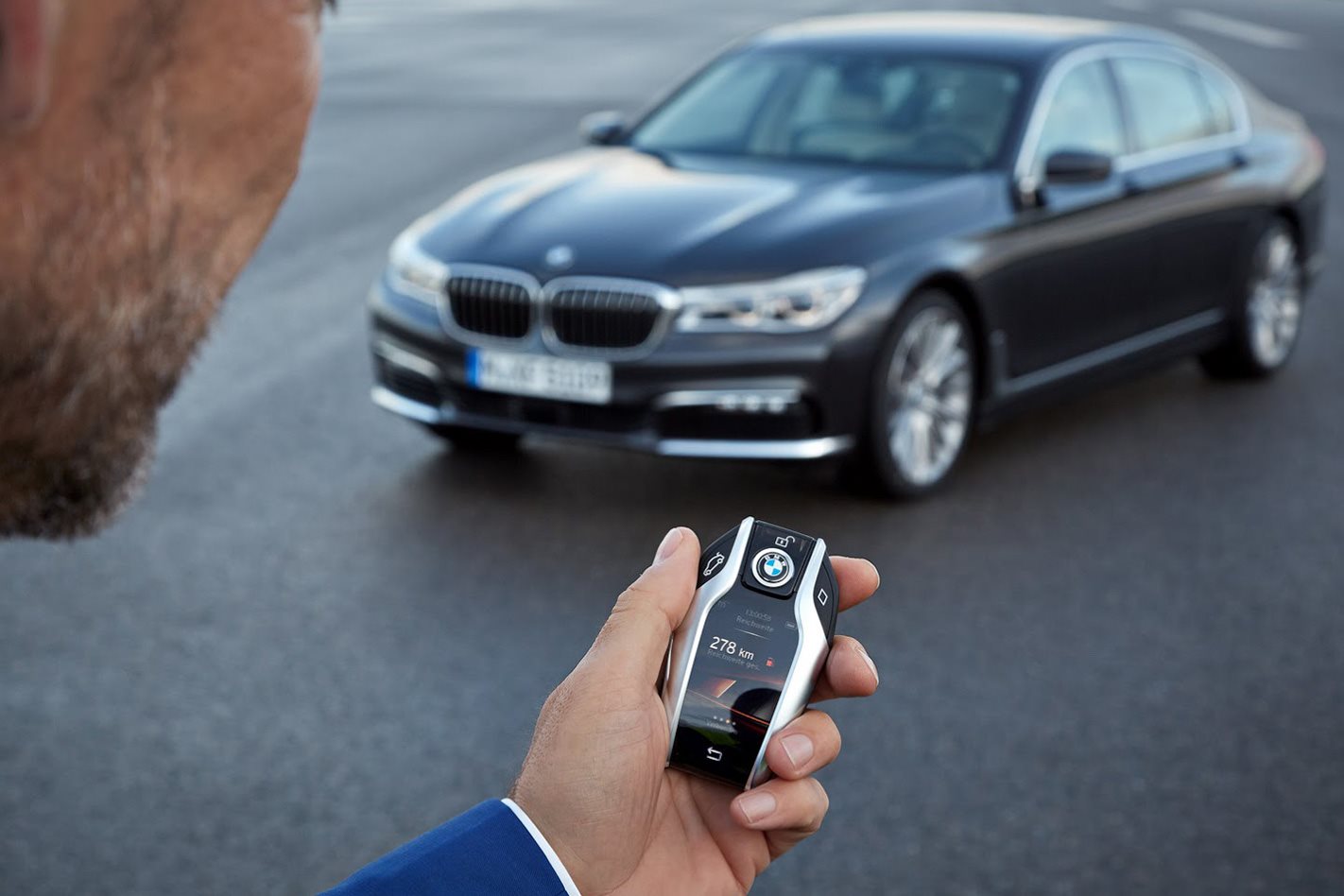
“They are found in a large number of common household items such as toys, remote controls, watches, digital kitchen scales and thermometers. If swallowed they can cause serious injuries to children.
“The compartment holding the button battery needs to be secure and child resistant, and if it isn’t, parents or carers should stop using the product immediately and keep it out of reach from children.
“Keep new and used button batteries out of sight and out of reach of small children at all times.
“As soon as you have finished using a button battery, put sticky tape around both sides of the battery and dispose of it immediately in an outside bin, out of reach of children, or recycle safely.”
The ACCC is encouraging members of the public to report unsafe products through the Product Safety Australia website.
If you think a child has swallowed or inserted a button battery, contact the 24/7 Poisons Information Centre on 13 11 26 for fast, expert advice. Acting quickly is critical – do not wait for symptoms to develop.
Children are often unable to effectively communicate that they have swallowed or inserted a button battery and may have no symptoms. If you suspect a child has swallowed or inserted a button battery, you should ask for an x-ray from a hospital emergency department to make sure.
We recommend
-
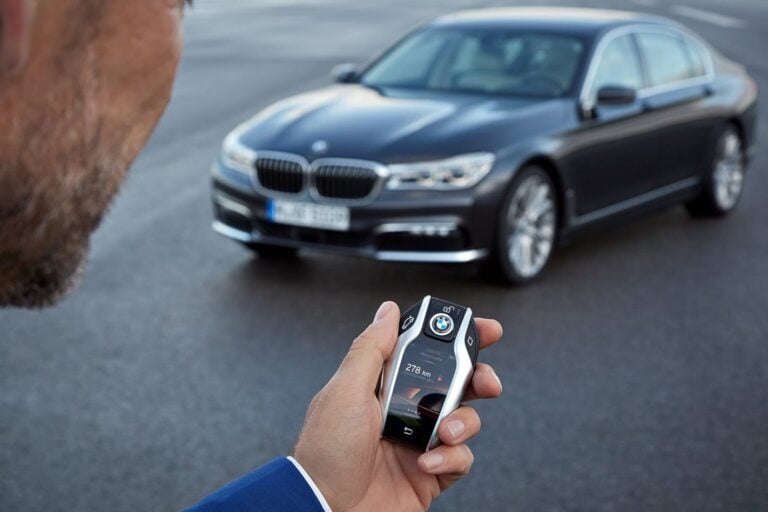 News
NewsBMW could ditch the traditional car key
The days of traditional car keys could be numbered as BMW considers smartphone replacements
-
 Advice
AdviceKeyless entry car thieves
Criminals don't need a physical key to steal your car anymore
-
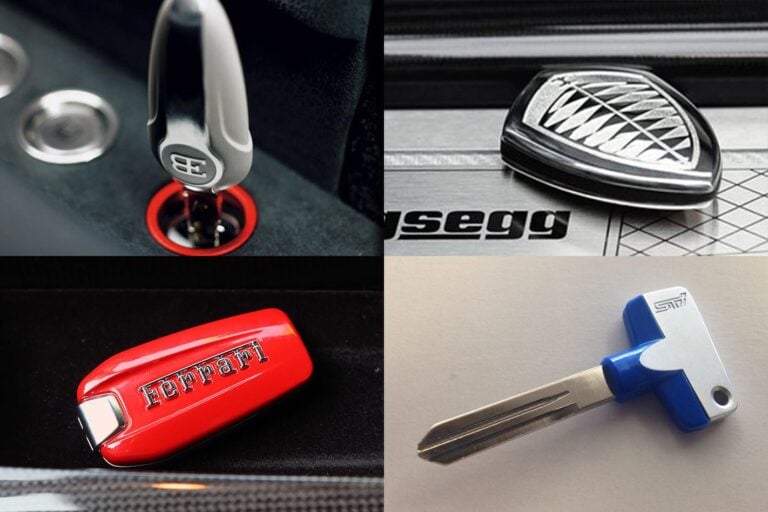 Features
Features9 craftiest car keys
You won’t want to lose any of these – and not just because of the car


